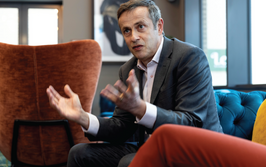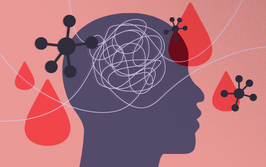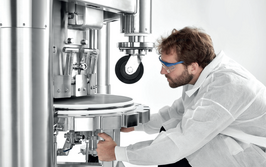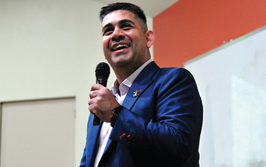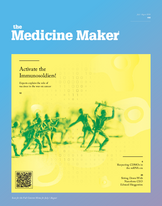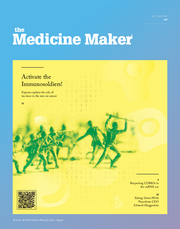Sitting Down With… The Past: Anne Phelan
We dive into the archive of 2020 for insight and inspiration – this time with Anne Phelan.
| 2 min read | Interview
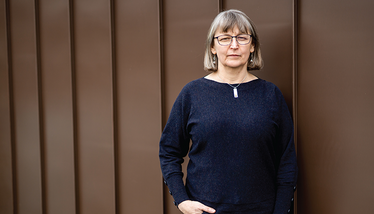
As an undergraduate, Anne Phelan, CSO of BenevolentAI, had no understanding of the pharma industry or the way medicines were created – her interests were solely reserved for academia. And while that worked for nine years of postdocs, she eventually found the process of publishing in peer-reviewed journals and securing grants unfulfilling. It was at this moment she packed her bags and made a career shift from academia to industry – and she’s never looked back. Among other things, we discussed the differences between small and big companies in pharma, industry learnings, and the future of AI.
On pharma companies:
“In a large company, there is an enormously sophisticated infrastructure of support and domain area expertise for every element of the drug discovery process. This enables the most comprehensive discovery programs to be funded and delivered, which is obviously satisfying, but can also be slow and cumbersome. A small company, on the other hand, brings with it a greater sense of autonomy and decision-making, but you have to learn to deliver without the safety net of the pharma support network – and fast. New skills have to be learned quickly and multitasking is essential for delivery, but it is a pace I personally find compelling.
On industry learnings:
“The sheer volume of biomedical literature and the complexity of human biology is an unfathomably difficult area for even the most gifted scientists to traverse unaided. The industry needs the capacity to interrogate and interpret the vast amount of data at its disposal. Well-trained artificial intelligence and machine learning models thrive on this information and clearly represent the potential for a step-change in the way we think about drug discovery and the delivery of drugs to patients.”
On AI:
“Traditional drug discovery was, and to an extent still is, siloed into specialist therapeutic areas – looking to find the next best target or drug in a predetermined domain. There is little cross-fertilization of ideas or information-sharing, which stifles creativity and limits discovery.
AI, on the other hand, can be integrated from early discovery to clinical testing to remove data silos, and biases and allow for better-quality hypotheses. New technologies can integrate and interrogate data at scale across any given therapeutic area and drug modality. Working in this disease area-agnostic forum, where the mechanistic signature of disease can be evaluated and extrapolated across multiple areas of high unmet clinical need, is liberating for scientists, and will help accelerate discoveries.”
Read the full article, first published in December 2020.

